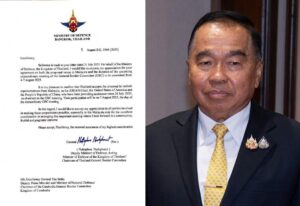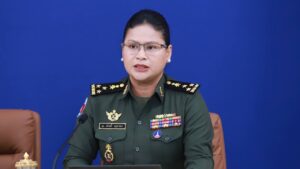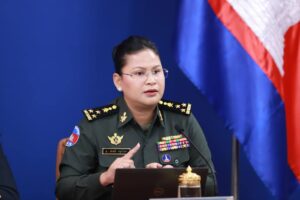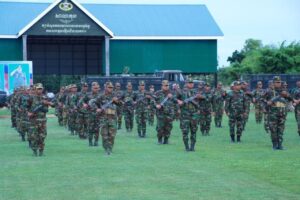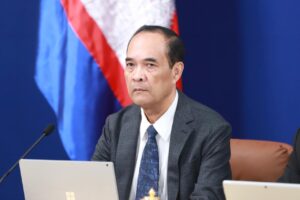Thailand Must Honor the Ceasefire and Respect the 2000 MoU: Cambodia’s Firm Stand for Peace and Sovereignty
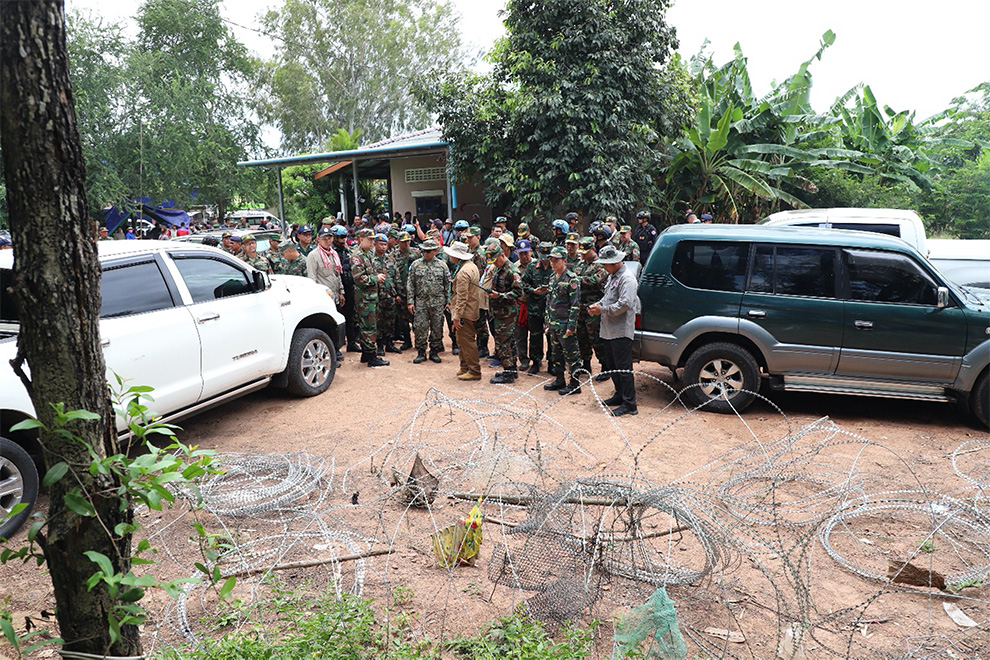 Thailand Must Honor the Ceasefire and Respect the 2000 MoU: Cambodia’s Firm Stand for Peace and Sovereignty
Thailand Must Honor the Ceasefire and Respect the 2000 MoU: Cambodia’s Firm Stand for Peace and Sovereignty
When armed clashes erupted along the Cambodia–Thailand border on July 24, 2025, it took urgent diplomatic efforts and the direct intervention of US President Donald Trump to prevent the crisis from spiralling further. The ceasefire, brokered by President Trump and agreed to take effect at midnight on July 28, was meant to stop bloodshed and give both nations the space to resolve their disputes peacefully.
Yet, since the ceasefire took effect, Thailand has chosen to flout both the ceasefire and the spirit of the 2000 memorandum of understanding (MoU 2000), taking unilateral actions such as laying razor wire and other military obstacles deep along the border, including near Chok Chey and Prey Chan Villages in Banteay Meanchey province.
Cambodia’s Ministry of Foreign Affairs and International Cooperation rightly sounded the alarm in its August 25 statement, condemning these moves as dangerous and provocative. The coordinates provided in the protest note make clear that Thai forces have acted beyond agreed boundaries. These actions undermine the trust-building process, escalate tensions and place local Cambodian communities at risk. Worse, they represent a direct challenge to the international agreements and mechanisms designed to prevent exactly this kind of confrontation.
Cambodia has been clear and consistent. It has honoured the ceasefire, attended bilateral meetings and worked through the Joint Boundary Commission (JBC) and General Border Committee (GBC). It has adhered to the principles of the MoU 2000 and ASEAN norms, emphasising negotiation over force. Thailand’s recent actions — laying wire, nets and tyres along the frontier — do not just disrespect Cambodia’s sovereignty; they destabilise the entire region and violate commitments made in front of international partners, including the US.
Borders cannot be changed by force. The UN Charter, the ASEAN Charter and the MoU 2000 are unambiguous on this point. Cambodia’s call to Thailand is simple and reasonable: maintain the status quo as of July 28, cease unilateral military activity and settle disputes through agreed mechanisms. Provocations only make dialogue harder and risk unnecessary escalation.
Thailand now stands at a crossroads: it can honour its commitments and engage as a constructive partner, or continue actions that risk undermining regional peace and mutual trust. Cambodia remains steadfast — always ready for dialogue, but resolute that its sovereignty cannot be challenged.
Roth Santepheap is a geopolitical analyst based in Phnom Penh. The views and opinions expressed are his own.


